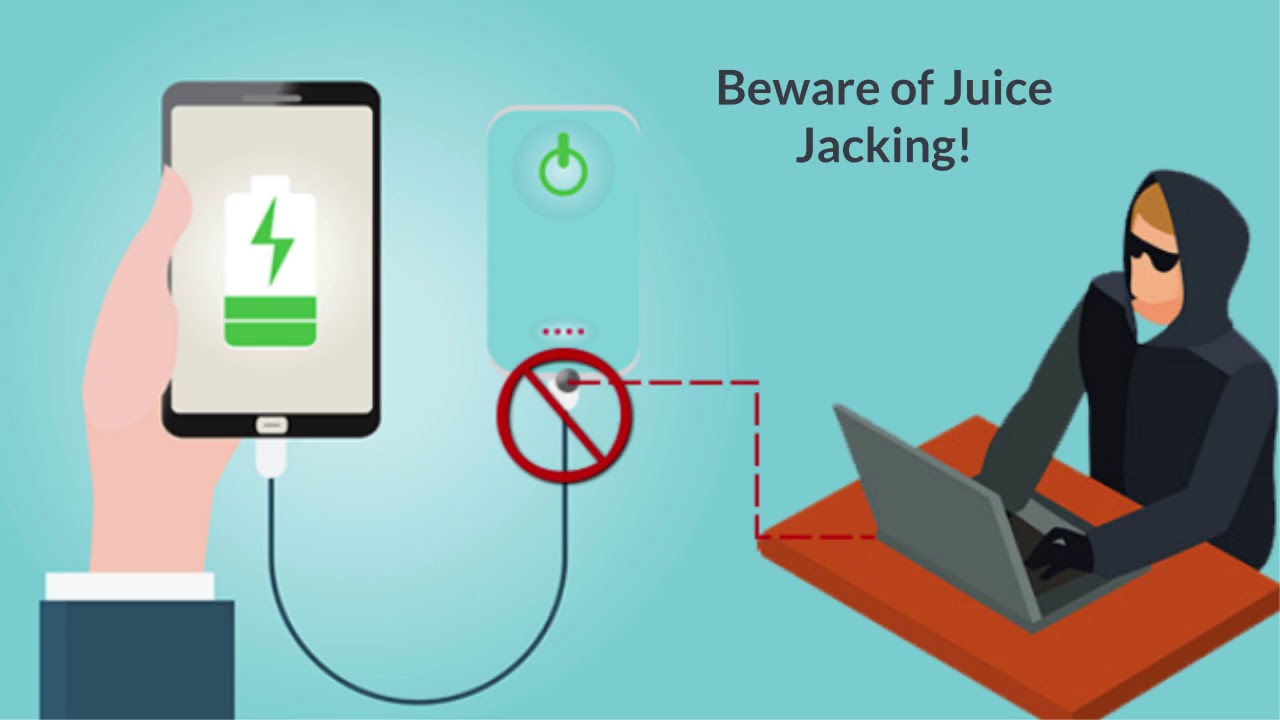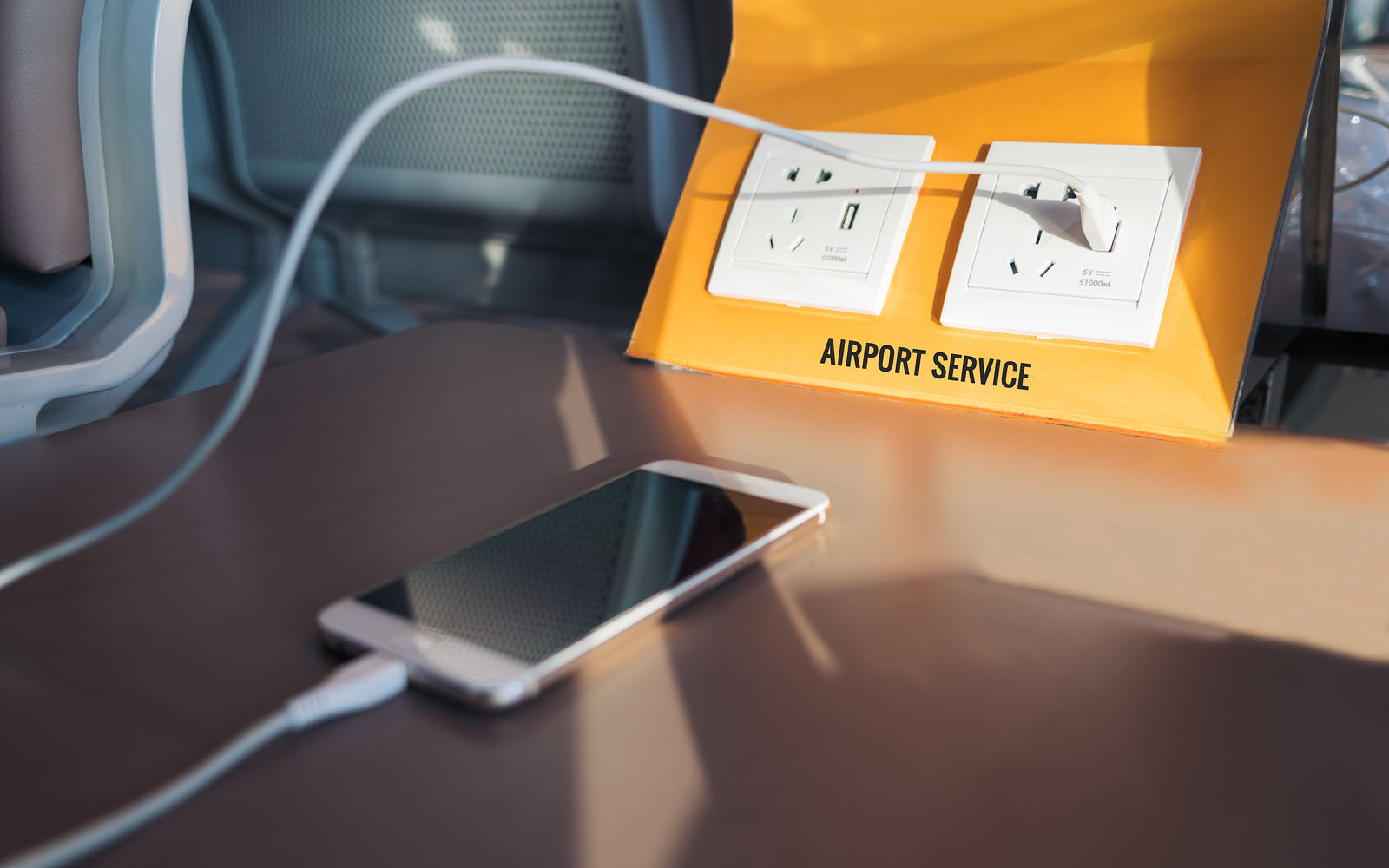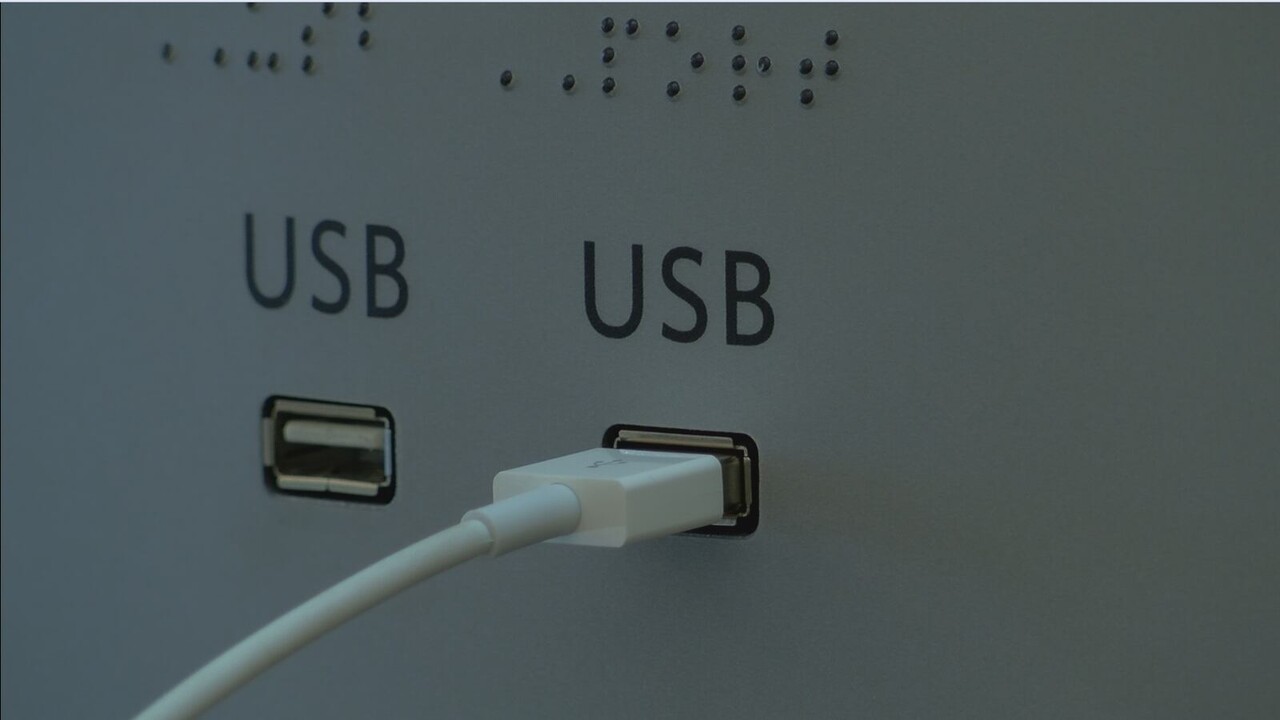In today's tech-savvy world, where our reliance on smartphones, laptops, and tablets is is more profound than ever, the need for charging our devices on the go has become a common occurrence. However, what many may not realize is that this seemingly innocent act of plugging into public charging stations can open the door to a host of cyber threats.

What is Juice Jacking?
Juice jacking is a malicious cyberattack where hackers exploit public charging stations to steal sensitive data or implant malware onto unsuspecting users' devices. These deceptive charging ports, often disguised as convenient amenities in airports, cafes, and hotels, pose a significant risk to individuals seeking a quick power boost for their gadgets.

A Brief History of Juice Jacking
The term "Juice Jacking" first entered the lexicon in 2011 when researchers at the University of California, Berkeley, demonstrated how hackers could exploit public charging stations to compromise users' devices. Since then, various instances of Juice Jacking have been reported, including the infamous "Mactans" malware presented at the Black Hat security conference in 2013.

Mitigating the Threat: Precautionary Measures
Given the potential risks associated with public charging stations, it's essential to take proactive steps to protect your data and devices. Here are some precautionary measures you can implement:
-
Use Your Own Charger: Whenever possible, stick to using your personal charger from a trusted power source to eliminate the risk of data theft.
-
Carry a Power Bank: Invest in a reliable power bank to provide a secure alternative to public charging stations, ensuring your devices remain powered without compromising your data.
-
Implement Data Protection Measures: Utilize security features such as two-factor authentication and encryption to safeguard sensitive information stored on your devices.
-
Opt for Safe Charging Cables: When charging in public places, choose cables without data transfer capabilities to minimize the risk of unauthorized access to your device.
-
Stay Informed: Remain vigilant and stay updated on the latest scams and security threats circulating in the digital landscape to mitigate potential risks effectively.

Assessing the Threat Level
While the Federal Bureau of Investigation (FBI) and other law enforcement agencies have issued warnings about the dangers of Juice Jacking, some skepticism remains regarding the prevalence of real-world instances. Nonetheless, it's essential to remain vigilant and take proactive measures to mitigate potential risks.
They argue that most reports stem from proof-of-concept demonstrations rather than real-world occurrences. Additionally, modern smartphones often alert users to data transfers, providing an additional layer of defense against such attacks.

Government Advisory and Response
In response to escalating concerns over cyber scams, government officials have issued advisories urging citizens to exercise caution when using public charging stations in frequented locations such as airports, cafes, hotels, and bus stands. Recommendations include prioritizing traditional electrical outlets, carrying personal charging accessories, and maintaining device security through regular software updates and malware detection software.
In the unfortunate event of falling victim to a cyber scam, prompt reporting is essential. Victims are advised to report cyber fraud incidents promptly by contacting the designated helpline at 1930 or submitting a report via the official website at the Cyber Crime Portal.
As our reliance on electronic devices continues to grow, so too does the need to prioritize cybersecurity. By understanding the risks associated with Juice Jacking and implementing proactive measures to protect our data, we can ensure that our devices remain secure, even in the face of evolving cyber threats. Remember, when it comes to charging on-the-go, it's better to be safe than sorry.
Stay informed, stay protected!
Image Source: Multiple agencies
© Copyright 2024. All Rights Reserved Powered by Vygr Media.






















